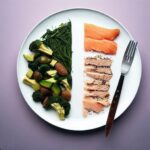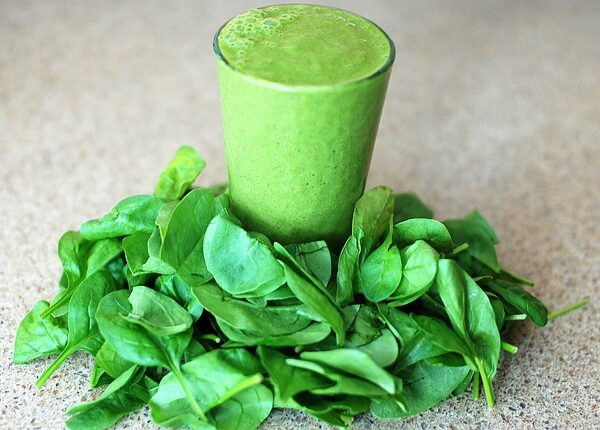Coffee is one of those things a lot of us don’t want to live without.
But is drinking coffee good for you?
Or at least not bad for you?
And if it’s OK to drink coffee, should it be regular or decaff?
With or without milk or cream?
And seemingly hundreds of other questions!
Getting a straight answer about drinking coffee
 It’s not always easy to get a straight answer on questions such as whether or not drinking coffee is good for you.
It’s not always easy to get a straight answer on questions such as whether or not drinking coffee is good for you.
There’s way too much bias and it’s also difficult to know exactly what to test for.
And, of course, are we supposed to measure short term or long term effects?
For instance, some people claim that even just the smell of coffee can make you less stressed.
This study looked at the effect on rats – not that I’ve noticed them in the queue at my local coffee shops I’m glad to say.
And it found the rats who sniffed the coffee aroma were generally less stressed.
My own experiment after not taking coffee for a couple of weeks
OK, this was by no means a scientific experiment because you can’t only have one person involved.
But I think it was interesting.
As part of my January detox I decided to remove coffee from my life for two weeks.
For some of you reading this, that could be a very scary thought.
And if you’re drinking more than the two (sometimes three) cups of coffee a day that I was consuming before I went cold turkey, I’d strongly suggest that you cut down gradually.
Why?
Because a sudden drop in caffeine almost always means a rise in headaches.
Which should tell you more than you’d maybe like to know about how good coffee really is for you.
Anything that has withdrawal symptoms can’t be 100% good for you.
Cutting down from two, maybe three, cups to zero was OK. A slight twinge of a headache but that was about it.
And after a day or two I was pleasantly surprised that I was missing coffee less than I thought I might have done.
Still some pangs but nothing major.
Then, after the two week coffee exile, I immediately went back to 3 cups a day.
The first thing I noticed was that on day one, it didn’t taste as nice as I remembered although by day two I was liking it and had got used to the taste to a fair extent.
The next was that the first night my sleep pattern was just plain nasty.
My sleep was patchy and despite feeling tired and going to bed at around 10:30pm, I didn’t actually get to sleep until around 3:30am.
Not good news when you need to be alert the next day.
I also felt hot whilst I was trying to sleep – possibly a sign of the coffee working around my body.
Two “minus” points there.
And a warning to me to make sure I didn’t drink coffee too late in the day – the first day, my final cup was at around 5pm, the second day it was nearer 1pm and that gave the coffee chance to work most of itself out of the way.
But back to the possibility of coffee being good for you:
Coffee can increase your metabolism
Coffee helps your body get rid of fatty tissues and (as almost any student can tell you) it stimulates your central nervous system enough to keep you awake longer.
So it can help you burn off the calories and generally improve your results from exercise.
Mind, it also has a diuretic effect so it would pay not to drink too much before a long jog!
Coffee has lots of nutrients and antioxidants
Depending on the blend of your coffee and the strength of your brew, there are quite a few different nutrients and antioxidants in that cup of coffee you’re just about to sip.
And because so few of us consume anything like the recommended quota of fruit and vegetables, it’s generally acknowledged to be the biggest source of antioxidants for most westerners.
On balance, it’s probably OK in moderation
Too much of anything can be a bad thing.
But the evidence seems to point to coffee being OK although my personal experiment would suggest that two or three cups consumed relatively early in the day would be better than having it almost drip fed into you.
Experiment for yourself and notice the different way you feel as you adjust the number of cups of coffee you drink and the time of day you drink them.











